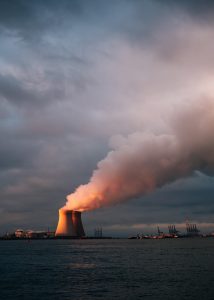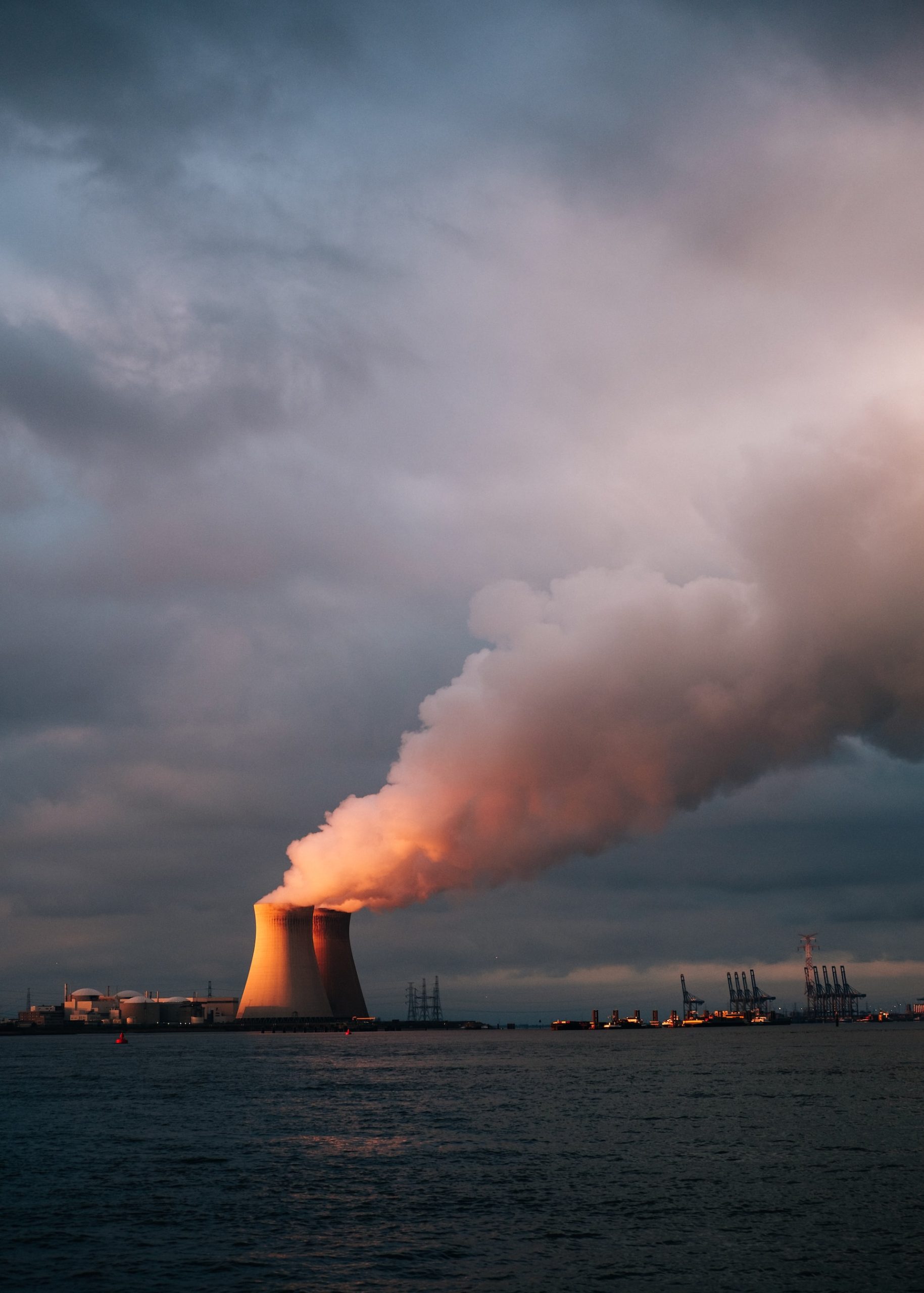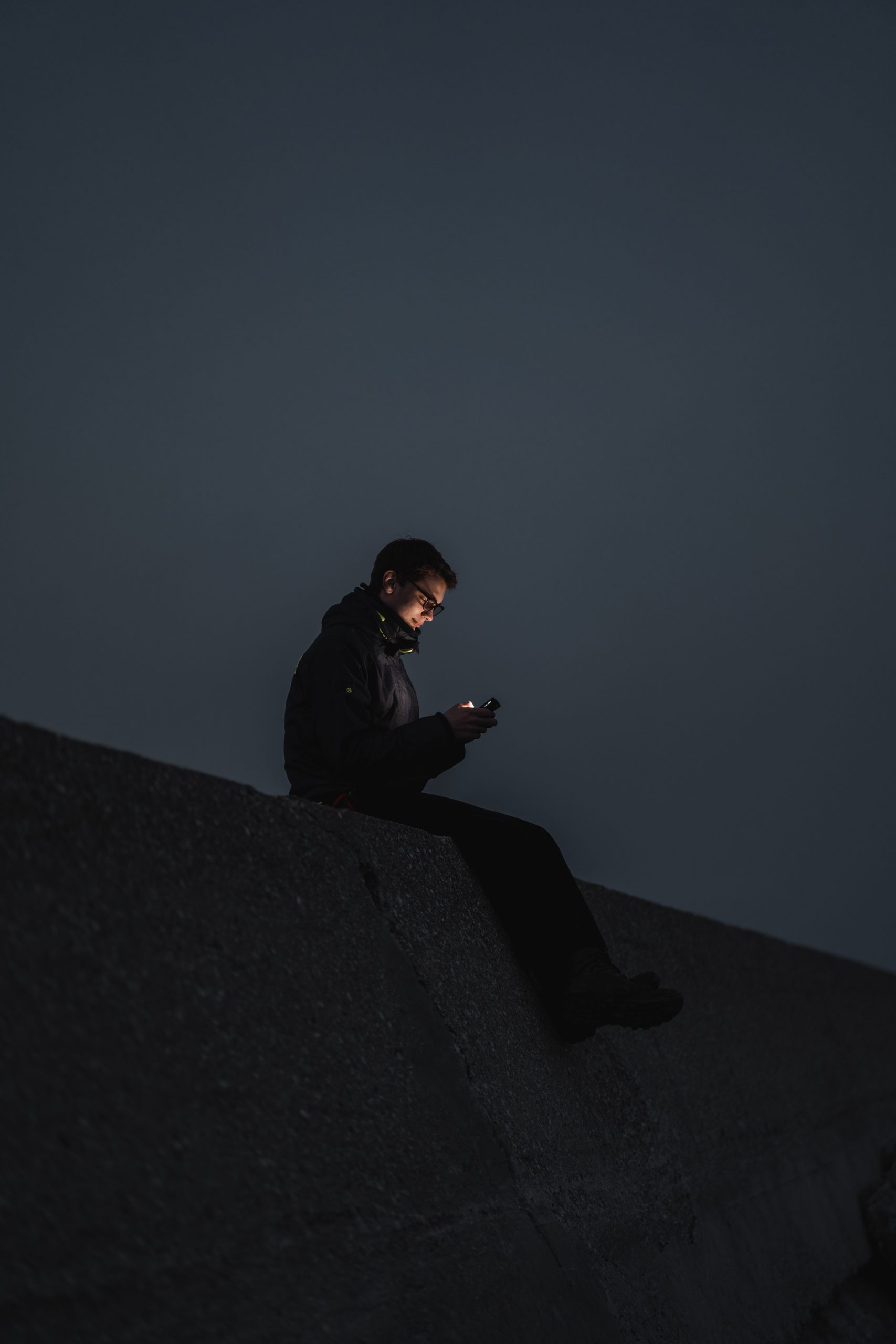Introduction: The Significance of Clarity in Nuclear Power Checks
Openness is an essential element in the field of nuclear inspections, guaranteeing answerability and preserving faith among sovereign states. International inspections conducted by the United Nations (U.N.) function as an essential mechanism to confirm conformity with international agreements and hinder the spread of nuclear weapons. Nevertheless, the latest choice made by Russia to hinder United Nations inspections has provoked fury. This is suppressing clarity and causing major worries.
Russia’s Decision to Block U.N. Inspections: An Obstacle to Accountability and Transparency
The decision made by Russia to prevent U.N. inspections symbolizes a significant setback to clarity and responsibility in the nuclear sector. The choice weakens the global attempts to guarantee the reliable and ethical utilization of nuclear power. The United Nations Security Council Resolution 984 clearly demands nations to fully collaborate with inspections to ensure conformity with non-proliferation responsibilities. Through impeding the examination process, Russia is subverting the fundamental tenets of clearness and answerability that uphold the global nuclear disarmament system. Nevertheless, it is crucial to understand that the Russian government has refuted any accusations and upholds its loyalty to the prevention of weapons proliferation.

Outrage and Concerns: Consequences for Nuclear Security and Global Diplomacy
Global community has voiced anger and grave worries regarding Russia’s choice through hindering U.N. scrutiny. The decision has significant consequences concerning the protection of nuclear materials and the interaction among nations. To begin with, it brings into question Russia’s assurance to limit the spread of nuclear weapons. Moreover, it prompts inquiries regarding its readiness to follow international accords. The dearth of clarity provokes mistrust and undermines confidence between countries.
In addition, the hindrance by U.N. inspections of Russia creates a risky precedent. In case permission is granted to remain uncontrolled, it could motivate further states to adopt a similar approach and block investigations. Such actions may compromise the impact of the global nuclear disarmament system. This presents a notable challenge to international security and balance.
Urgent International Action: Reinstating Clarity and Dealing with the Matter
World nations should act immediately to handle Russia’s resolution in blocking U.N. examinations. It is important to reestablish clearness in the field of nuclear. Political pressure needs to be applied to Moscow to reassess its standpoint. It is important to permit examinations to advance without interference. The United Nations Security Council must denounce the activities of Russia and consider potential effects as a result of not following.
Moreover, global organizations like the IAEA ought to be centrally involved in enabling conversations and bargaining involving Russia and interested parties. These groups possess the knowledge and trustworthiness to facilitate and guarantee that conversations occur equitably and openly. The expertise of the IAEA and fairness can assist in bridging the divide and reach a solution that ensures visibility, answerability, and the soundness of the international nuclear non-diffusion structure. The participation of the organization is essential in guaranteeing a just and neutral approach to addressing the existing issue.
Conclusion
To sum up, The decision made by Russia in preventing U.N. inspections has ignited public outcry and suppressed openness in matters related to nuclear energy. Global public must come together in denouncing this behavior. This should further push the Russian government to regain visibility and responsibility. In this way, we can protect the safety of nuclear materials, reignite trust among global nations, and guarantee the efficiency of U.N. examinations in stopping the dissemination of nuclear arms.










